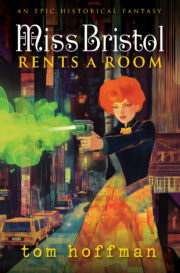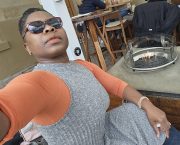Fantasy Worldbuilding Questions: The World
By Patricia C. Wrede
-
Basics
- Are the laws of nature and physics actually different in this world, or are they the same as in real life? How does magic fit in? How do magical beasts fit in?
- Is this generally an earth-like world? Is it an “alternate Earth”?
- Are there different human races, whether or not there are non-humans like elves or dwarves? How does the cultural and ethnic diversity of this world compare to the real world?
- How long have there been people on this world? Did they evolve, or did they migrate from somewhere/when else?
- How many people are there in this country? How does this compare with world population? What is considered a small town/large town/city in terms of number of people?
- Where does magic power come from: the gods, the “mana” of the world (as in Larry Niven’s “Warlock” stories), the personal willpower or life force of the magician, somewhere else? Is magic an exhaustible resource? If a magician must feed his spells with his own willpower, life-force, or sanity, what long-term effects will this have on the health and/or stability of the magician? Do different races/species have different sources for their magic, or does everybody use the same one?
-
Alternate Earth
- Are there non-human inhabitants of this planet (elves, dwarves, aliens)? If so, how numerous? How openly present? What areas do they occupy (examples: dwarves in mountains or caves, elves in forests, etc.)?
- How similar are the history and culture of the alternate earth to real history and culture? Why is it so similar/different?
- Is there a specific historical point where this world split off from ours (e.g., Napoleon won at Waterloo)? If so, what was it? How long ago was it? How much has changed and will continue to change as a result? Is the split in history a result of the presence of magic, or is the change the thing that made workable magic a possibility?
- If there is no specific point of divergence, what are the differences between this imaginary world and the real one? How obvious are they in everyday life? If magic exists but history is more or less the same, why has it had no effect? If magic works, elves exist, etc., but most people don’t know it, how and why has this been kept secret?
- If magic is known to exist, which historical events have changed and which are the same? How have organized religions reacted? Governments? Ordinary people? What laws and/or professions are different? What effect will the general and specific differences have on the social questions below?
-
Not Earth at All
- How does this world differ physically from earth? Is it the same size (same density, same gravity), same ratio of land/water, same atmosphere, etc.? Does it have more than one sun or moon? Rings? Are there spectacular constellations/comets, etc. visible at night or by day?
- Are there non-human inhabitants of this planet (elves, dwarves, aliens)? If so, how numerous? How openly present? What areas do they occupy?
- How are the continents laid out? If there is more than one moon/sun, how does this affect winds, tides, and weather generally?
- How much land is there, and how much of it is habitable?
- Is the axial tilt and orbit the same — i.e., does the world have the same seasons and same length of year as Earth?
Copyright © 1996 Patricia C. Wrede. Reproduction and distribution specifically prohibited. All rights reserved. Reprinted here with the author’s permission.


